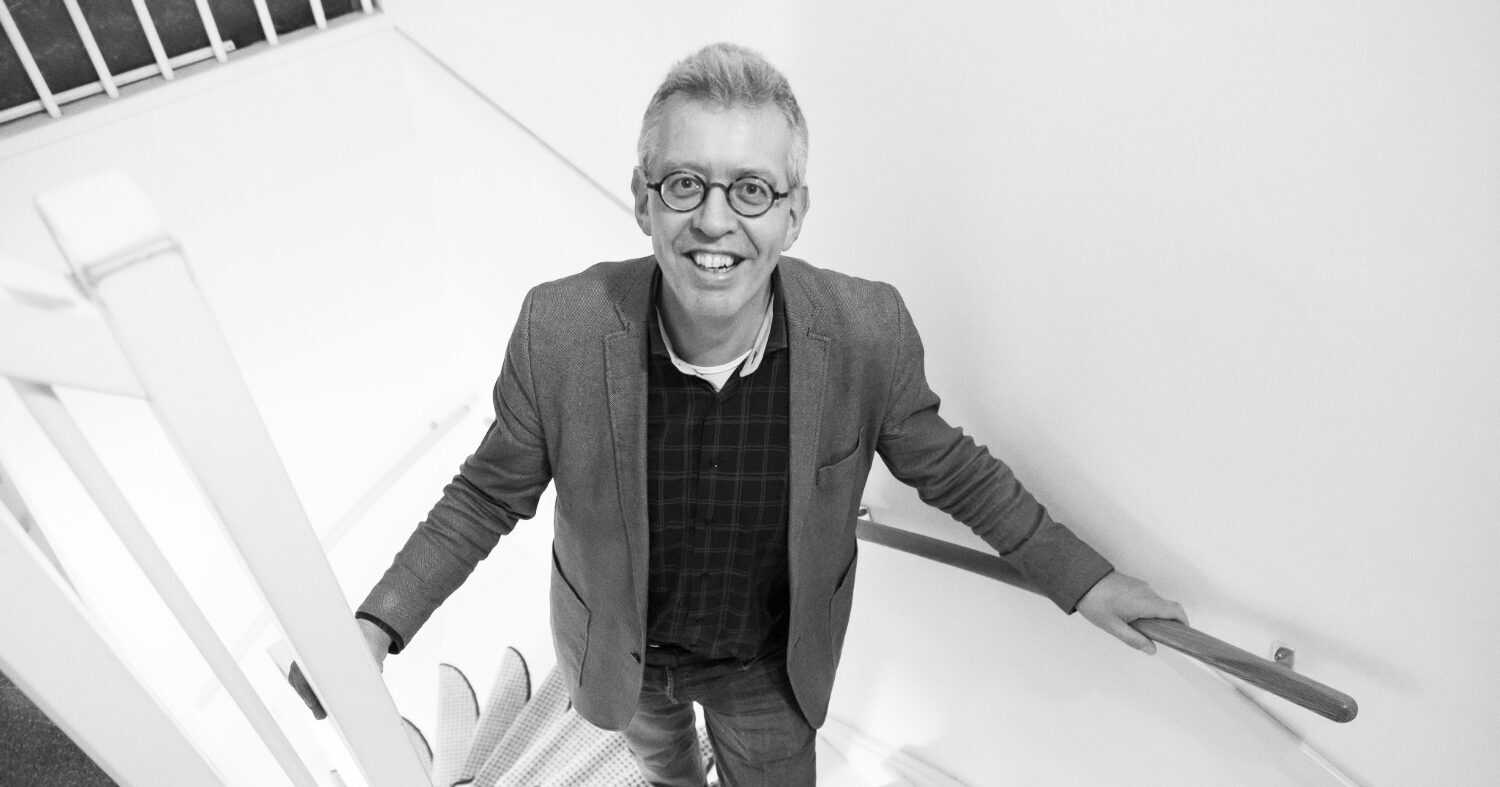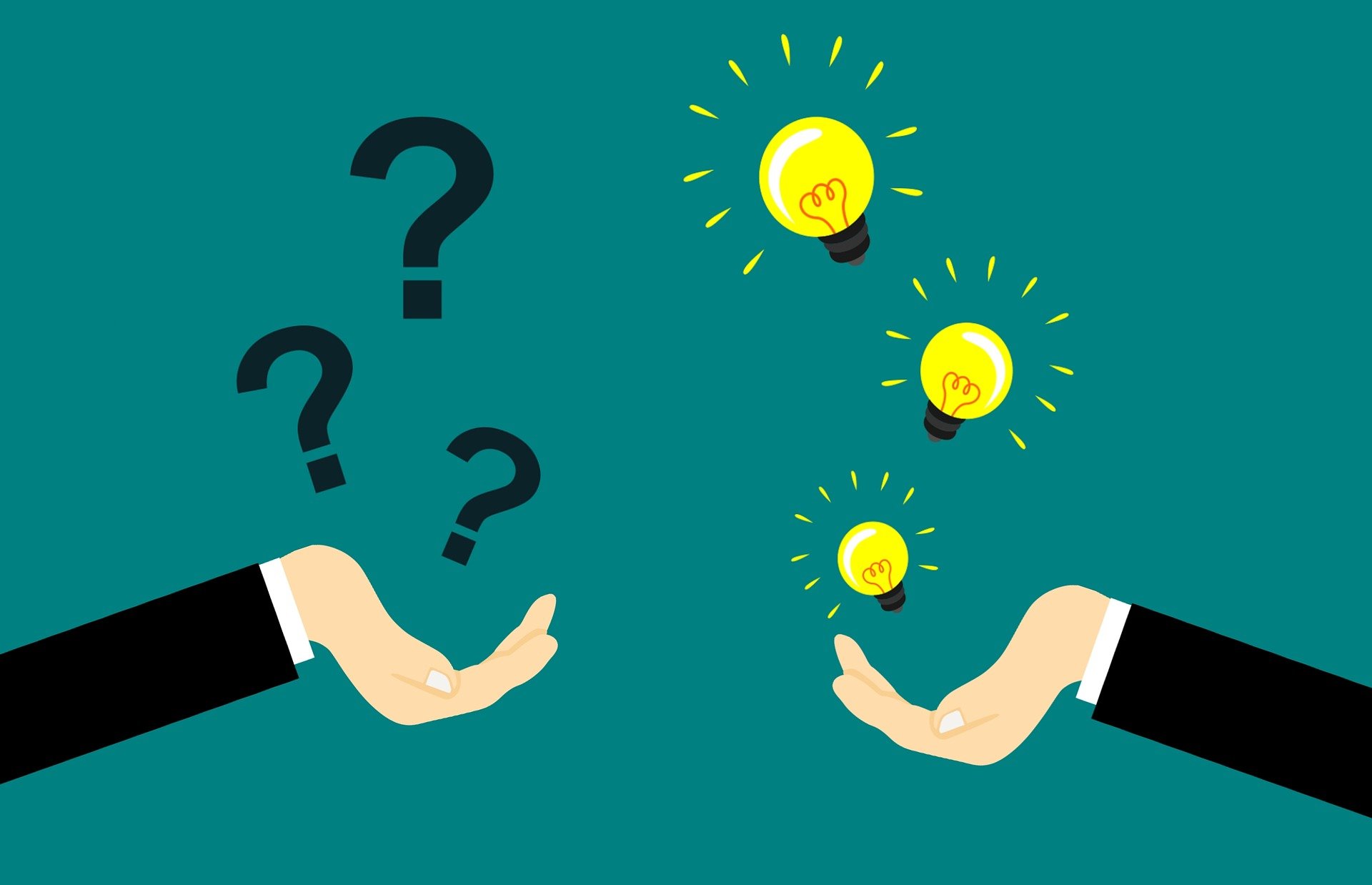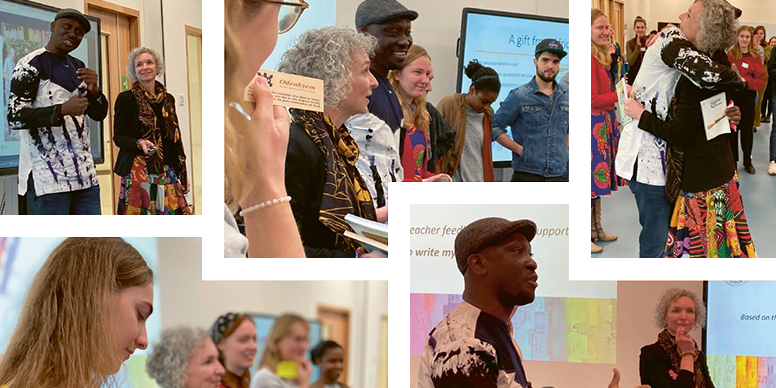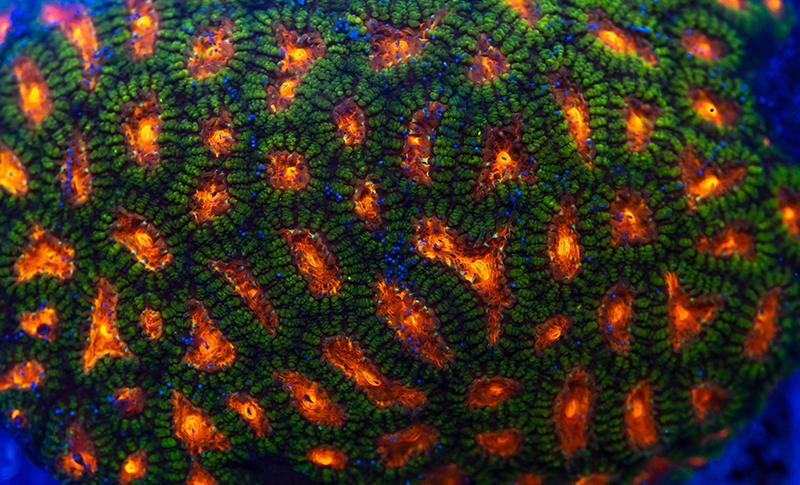There is more to hope than an optimistic faith in a happy ending. Hope is a virtue, says WUR philosopher Jan van der Stoep. A virtue you can acquire.
Jan van der Stoep was appointed special professor of Christian Philosophy six months ago. Amongst other courses, he teaches on the elective course on Food & Agricultural Ethics: Habits, Moral Choices and Worldviews. Two years ago, as a lector at the Christian University of Applied Sciences in Ede, he published a book about hope, Met Verwachting Handelen (Acting with expectations).
What do you understand by the word ‘hope’?
‘Hope means an attractive prospect that prompts action. Hope and action belong together. Having prospects spurs you into action, to roll up your sleeves. Hope is a very everyday concept, which you can talk about in all sorts of different ways. But it gets really interesting when you are in a difficult situation and can’t see your way through it. Then it acquires an existential dimension.’
Do the prospects have to be realistic?
‘Yes, otherwise they won’t spur you into action. You can hope to win the state lottery but that isn’t genuine hope, it’s more like optimism. It is not realistic, and it doesn’t get you going. Hope has to do with trust as well. If you make a choice, you hope it will lead to good things, but there is no absolute certainty. Hoping for something is risky; there’s a risk of failure. What you are hoping for might not work out. But in trust, you take the first step towards finding out what that hope is worth. By taking that step, you discover new things and start seeing opportunities you hadn’t seen before.’
Hope and action belong together
Isn’t optimism a good quality?
‘Oh yes. I’m an optimistic person myself. My problem with optimism is that it is not very activating. Optimism in the sense of “it will be all right in the end” is too easy for me. Optimism and pessimism are both attitudes in which you don’t link your expectations to action. It’s too laissez faire. In everyday usage, hope often means optimism. You hope that the weather will be good, for example, but there’s nothing you can do to make that happen. It’s a bit of a definitions issue, but as a philosopher that matters to me.’
These are hard times. The climate crisis is hanging over our future like a black cloud. Is there any hope?
‘I hope we can make a difference by thinking about how we can change our lifestyles and our society. Economic growth is the measure of all things at the moment. Maybe we should shift towards a different kind of economy, one which doesn’t revolve around humans as much. Humanity needs to take up less space. My hope is that we will find new ways of treating plants, animals and the planet. In my local area I’m involved in a regional food supply chain. And when I change the way I manage my little garden, it has more biodiversity. These are little things, but they give me hope. I believe that can lead to change. Leonard Cohen sings: “There’s a crack in everything, that’s how the light gets in.” It is precisely in difficult times that hope becomes meaningful. Hope often focuses on something small and insignificant, something in which you can see a new beginning.’
And what hope do you have regarding COVID?
‘We probably won’t be rid of COVID for a while. Up to now we’ve been responding in ad hoc ways. We thought a vaccine would be the solution. Now we think it will be all right once we’ve had booster shots. But new variants emerge and spread fast. It’s time to zoom out and take a look at the long term. Not just the scientific and medical side of things, but also the social side. We’ve got to think about how we are going to live with COVID. What does it mean for our behaviour? We’ve got to learn to deal with fierce conflicts and with people whose views are radically different to our own. My hope is that this situation will inspire us to be tolerant and to really listen to each other.’
But how do you change your perspective?
Can you learn to be hopeful?
‘You need to activate your imagination. A good way of working on hope and perspectives is to read novels and watch films. Look at life through different eyes. Then something happens. That different gaze is the essence of hope. Now more than ever, we need a change of perspective. Hope can sometimes come from an unexpected direction. But you do have to be open to it.’
‘Hope is a virtue, which you can work on. You can indeed learn to be hopeful. Aristotle thought of virtues as the search for the happy medium. So courage, one of the four cardinal virtues, is the happy medium between cowardice and overconfidence, between too little and too much courage. Hope is the happy medium between despair and over-optimism. The latter is false hope, against your better judgement. It’s all about finding the right balance.
You can learn to be hopeful by practising, practising, practising. Keeping going, determined to find the crack in the darkness.’

 ‘We’ve got to learn to deal with people whose views are radically different to our own. My hope is that this situation will inspire us to be tolerant.’ Photo: Guy Ackermans
‘We’ve got to learn to deal with people whose views are radically different to our own. My hope is that this situation will inspire us to be tolerant.’ Photo: Guy Ackermans 

